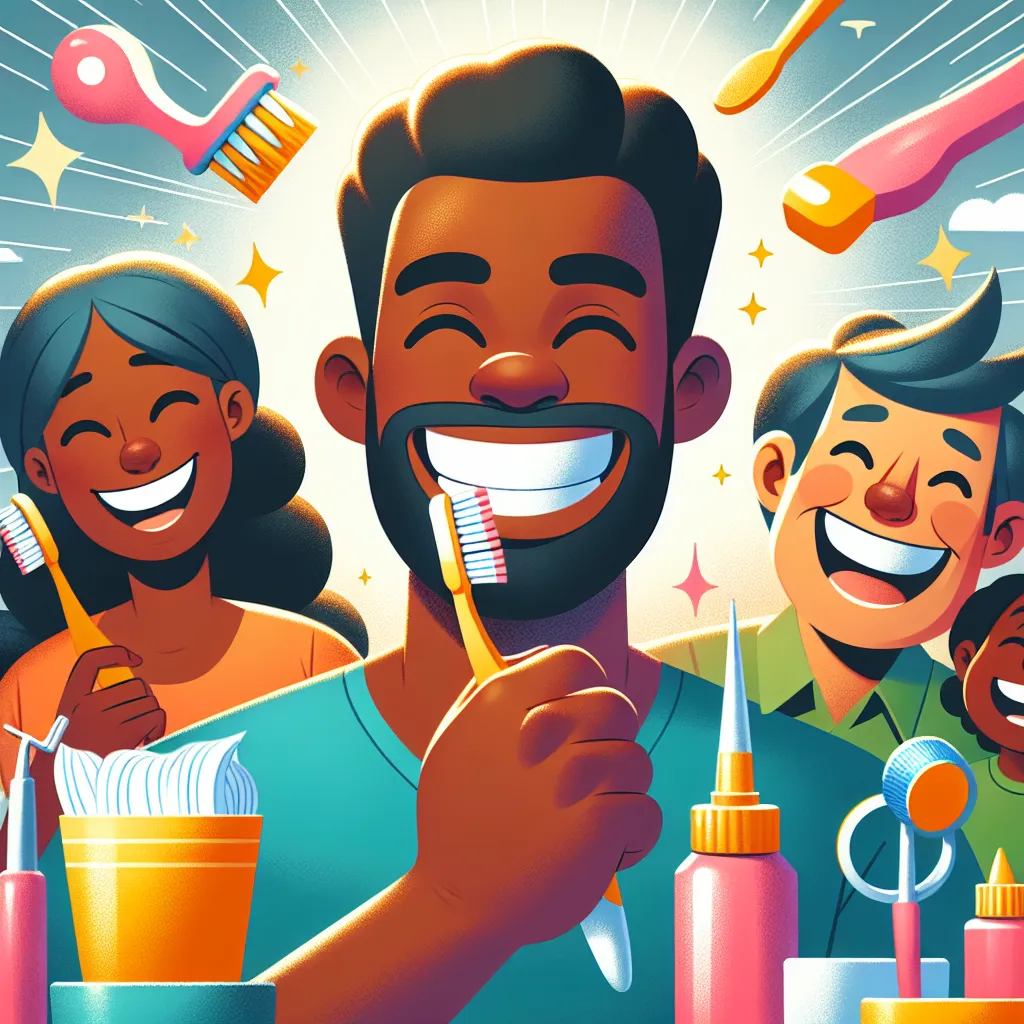Learn essential tips and insights to improve your dental health, prevent issues, and keep your smile healthy and bright every day....
Discover how to find a reliable dental clinic near me. Get tips on choosing local dental care, affordability, and emergency services today....


